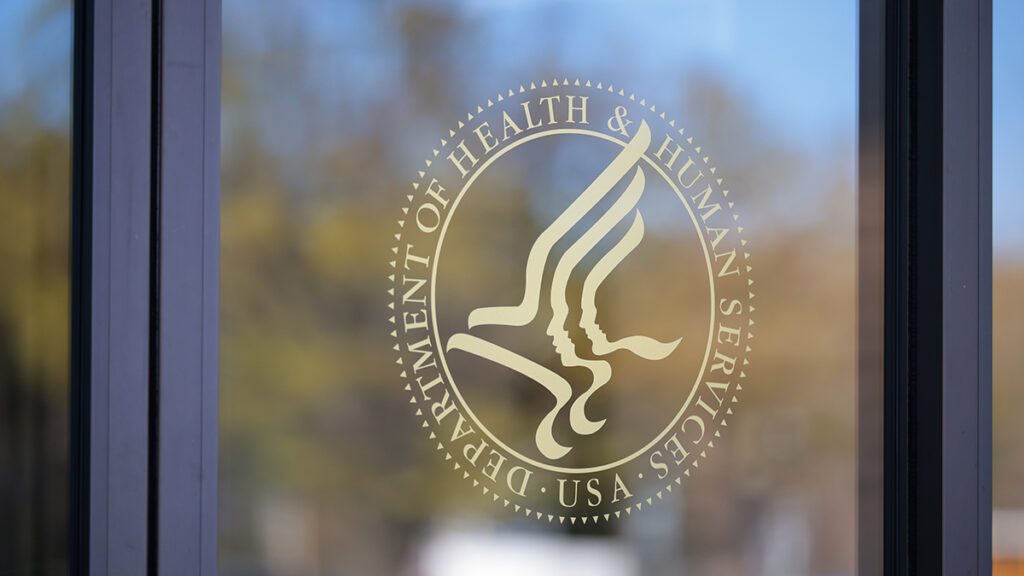A University of Miami organ procurement agency is being closed by the U.S. Department of Health and Human Services over safety issues that date back a decade, officials said.
The decertification of the Life Alliance Organ Recovery Agency, a division of the University of Miami Health System, was announced Thursday by HHS Secretary Robert Kennedy Jr.
In a news release, HHS said the move was made after an investigation found “years of unsafe practices, poor training, chronic underperformance, understaffing, and paperwork errors.”
In one case from 2024, a mistake led to a surgeon declining a donated heart for a patient awaiting a transplant, HHS said.
“Every American should feel safe becoming an organ donor and giving the gift of life, yet decades of ignored patient safety concerns have driven more and more Americans off the donor lists,” Kennedy said Thursday. “For the first time in its history, HHS will decertify an organ procurement organization mid-cycle.”
Under President Trump and @SecKennedy’s leadership, for the first time in history, @HHSGov will decertify an organ procurement organization mid-cycle. The Trump Administration is setting a new standard for patient safety. pic.twitter.com/Y7e6U0ZVlO
— HHS.gov (@HHSGov) September 18, 2025
The Life Alliance Organ Recovery Agency said in a statement Thursday that they are cooperating with the HHS.
“The top priority of the Life Alliance Organ Recovery Agency (LAORA) has always been safe, respectful, and compliant organ donation practices. We are aware of the decision issued today by the Department of Health and Human Services (HHS) and of the agency’s investigations into organ procurement practices across the country. We will cooperate fully with HHS to ensure a smooth transition and will not appeal. We hope that other OPOs follow suit in putting patients first. Our focus remains on protecting the dignity of donors, supporting their families, and advancing the life-saving mission of organ transplantation,” the statement said.
Dr. Mehmet Oz, administrator for the U.S. Centers for Medicare and Medicaid Services, said the concerns over Life Alliance go back a decade and include issues involving lost organs due to paperwork issues and wrong labeling that resulted in wrong organs sent to the wrong place.
“We are decertifying them today in part because there’s inadequate training, inadequate effort to address the massive understaffing, they’re only staffed probably at two-thirds of where they should be,” Oz said.
Oz said Life Alliance serves six counties in Florida. It’s one of 55 organ procurement organizations that are federally designated nonprofits responsible for coordinating the recovery of organs for transplantation in the United States.
Elizabeth Kellner, a two-time organ transplant recipient who used Life Alliance, said she’s concerned about the decertification.
Kellner, 43, was diagnosed with cystic fibrosis when she was just four months old and only had a life expectancy of until about 8 to 10 years old.
“It’s 18 years of life that I was given. I was on a death bed,” Kellner said. “Transplant does save lives and it’s so important to be an organ donor because you never know if it can be your sister, your brother, your parents or your spouse.”
According to HHS, nearly 100,000 Americans are currently on transplant waitlists, and an average of 13 patients die each day waiting for an organ. More than 28,000 donated organs go unmatched each year.
Kennedy had announced a reform initiative directed at organ procurement organizations in July after an investigation into another agency found at least 28 patients may not have been dead at the time of organ preparation, and 73 patients showed neurological signs incompatible with donation.
The reform initiative includes working to prevent line-skipping in organ allocation, a transparency tool that shows when organs are allocated outside the standard match list, and the removal of “DEI” provisions from the 2024 IOTA model to ensure fairness, officials said.

